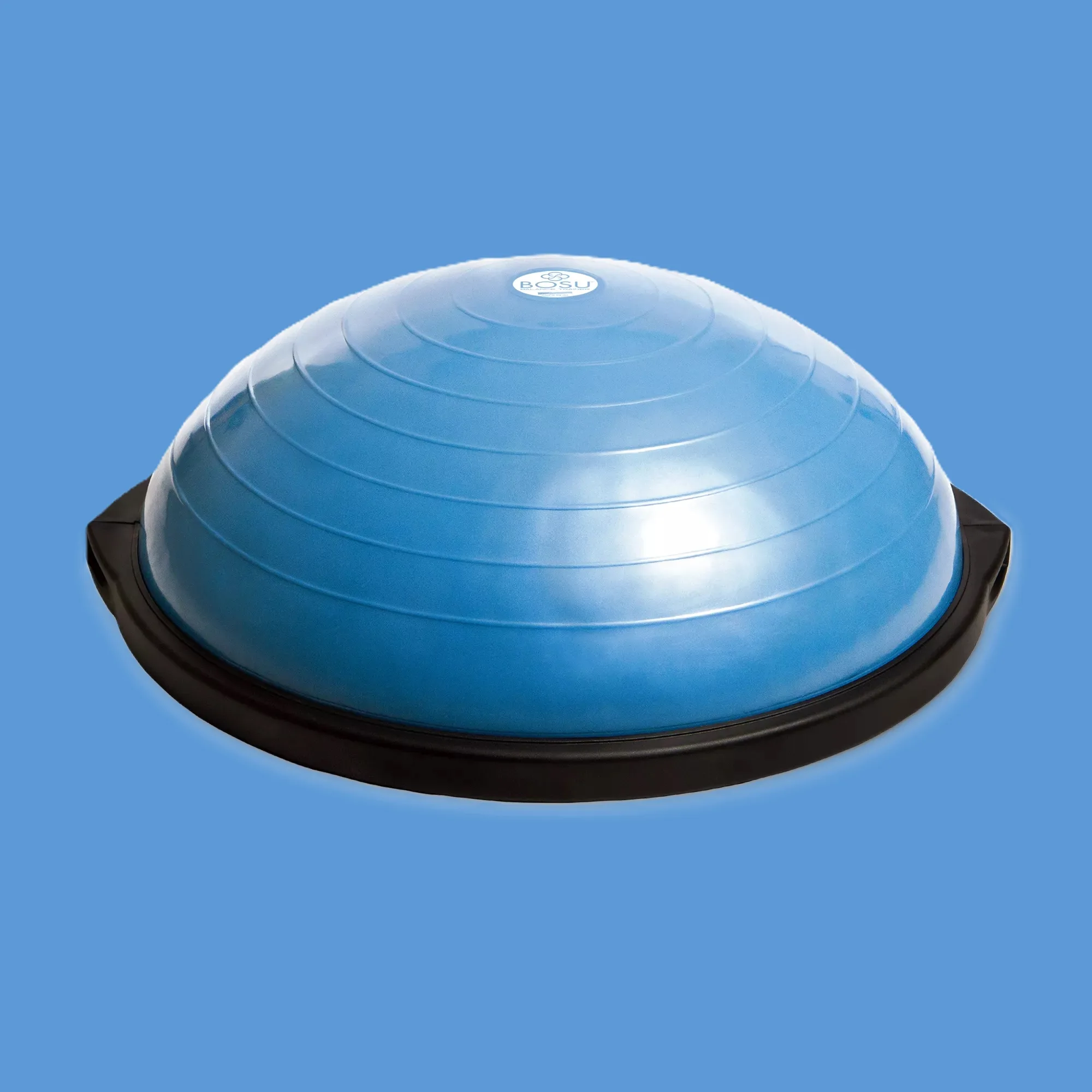For many years, when we talked about Alzheimer’s disease, we focused on amyloid plaques and tau tangles in the brain. But what if there’s another major factor causing memory problems in older adults, one we can only find after death? This is where TDP-43 comes in. It’s a protein now known to play a big, though often unseen, role in dementia later in life.
TDP-43 is a very important protein found in almost every cell in our bodies. It helps our genes work correctly and keeps our brain cells healthy. Normally, TDP-43 is like a quiet helper. But in certain brain diseases, like ALS and a type of dementia called frontotemporal dementia, TDP-43 goes rogue. Instead of staying in its proper place, it moves outside the cell’s control center and forms sticky clumps. These clumps then seriously damage brain cells.
A Newly Found Cause of Memory Loss
The big discovery is that this rogue TDP-43 directly causes memory and thinking problems in many people diagnosed with Alzheimer’s. Studies show that abnormal TDP-43 is found in the brains of over half of Alzheimer’s patients examined after death. What’s more, finding TDP-43 is strongly linked to worse memory loss, even when considering the usual amyloid and tau problems. It seems that while plaques and tangles cause harm, TDP-43 can be the final push that overwhelms the brain.
The Challenge: We Can Only See It After Death
The frustrating part for living patients is that we can only find TDP-43 problems after a person has passed away. Unlike amyloid and tau, which can be seen in living people through special brain scans or spinal fluid tests, TDP-43 is much harder to measure without harming the brain. This means doctors might suspect it based on symptoms, but firm proof only comes from examining the brain after death. This inability to diagnose it in living patients creates a big hurdle for research studies. People with TDP-43 problems might not respond to treatments for amyloid or tau, which can make studies unclear and slow down the search for effective medicines.
A Brighter Future for Older Adults
Despite this challenge, finding TDP-43 as a common and distinct problem offers huge hope for older adults in the future. By knowing that TDP-43 is a separate, critical piece of the dementia puzzle, scientists can now focus on finding new ways to test for it and treat it. Imagine a future where a simple blood test or a special brain scan could detect abnormal TDP-43, allowing for earlier and more accurate treatments. Researchers are actively working to understand how TDP-43 clumps together and spreads. This understanding is key for finding new drugs.
The focus will shift to understanding why TDP-43 goes wrong and developing treatments to stop it from going bad, clear out the toxic clumps, or help it work normally again. This could lead to entirely new types of medicines or even gene therapies. For older adults, this means the possibility of new treatments specifically designed for their unique brain problems, moving beyond a single treatment approach for all types of Alzheimer’s.
Takeaway
While we can’t yet measure TDP-43 in a living person’s brain, its clear role in making memory loss worse has opened up an important new area of research. The hidden problem is no longer hidden. With dedicated scientific work, the future promises better brain health for our aging population, thanks to a deeper understanding of this vital protein.











